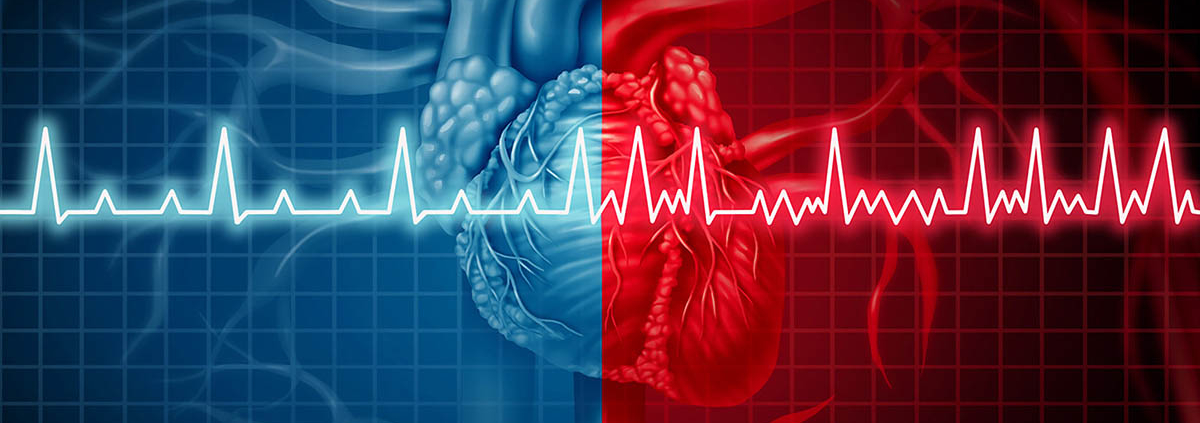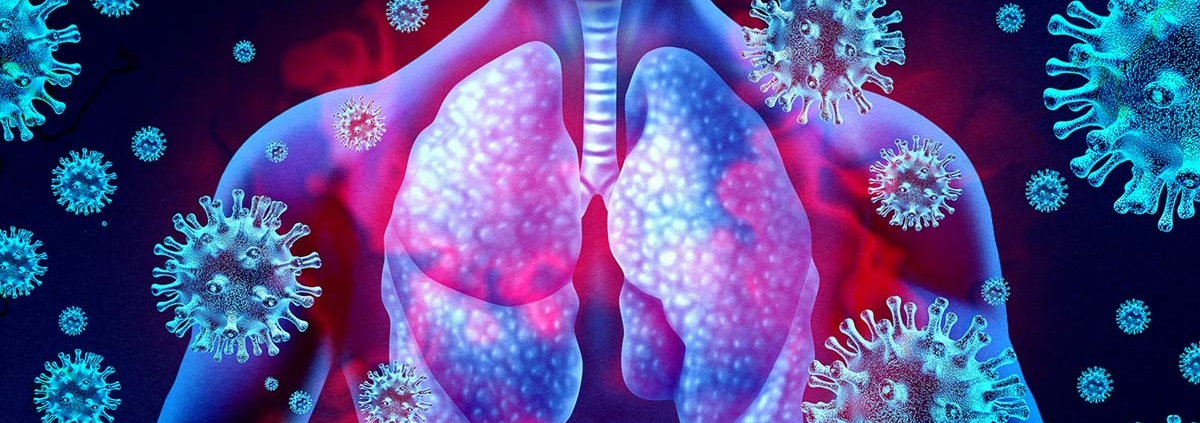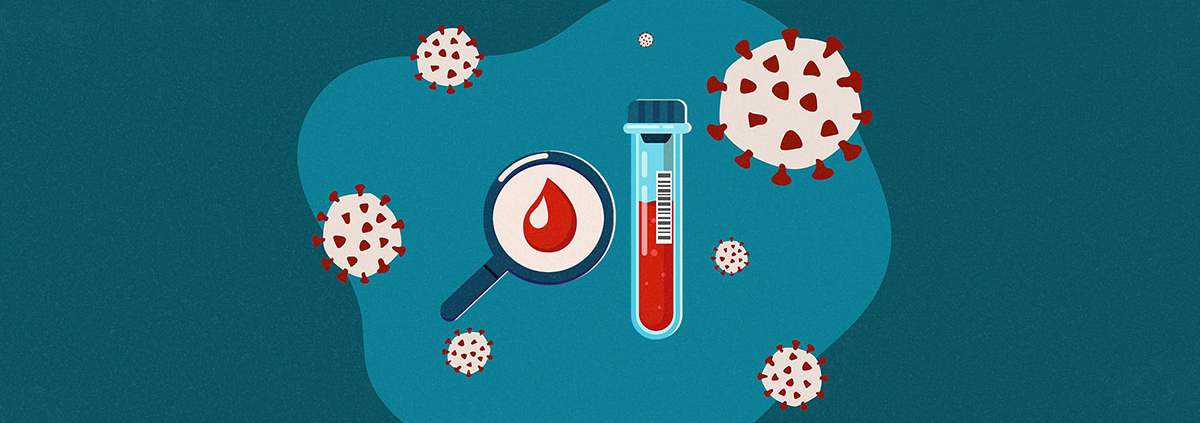A new study from the from the University of Missouri School of Medicine and MU Health Care shows patients hospitalized with COVID-19 pneumonia have a higher risk of developing dementia than those with other types of pneumonia.
A team of MU researchers pulled Cerner Real World Data from 1.4 billion medical encounters prior to July 31, 2021. They selected patients hospitalized with pneumonia for more than 24 hours. Among 10,403 patients with COVID-19 pneumonia, 312 (3%) developed new onset dementia after recovering, compared to 263 (2.5%) of the 10,403 patients with other types of pneumonia diagnosed with dementia.
Their study, “New Onset Dementia Among Survivors of Pneumonia Associated with Sevre Acute Respiratory Syndrome Coronavirus 2 Infection,” was recently published in the journal Open Forum Infectious Diseases. Part of the support for this study was provided by the National Institutes of Health. The content does not necessarily represent the official views of the funding agency. Qureshi has received consultation fees from AstraZeneca. The authors declare no other potential conflicts of interest.
Release date: 19 April 2022
Source: University of Missouri-Columbia










